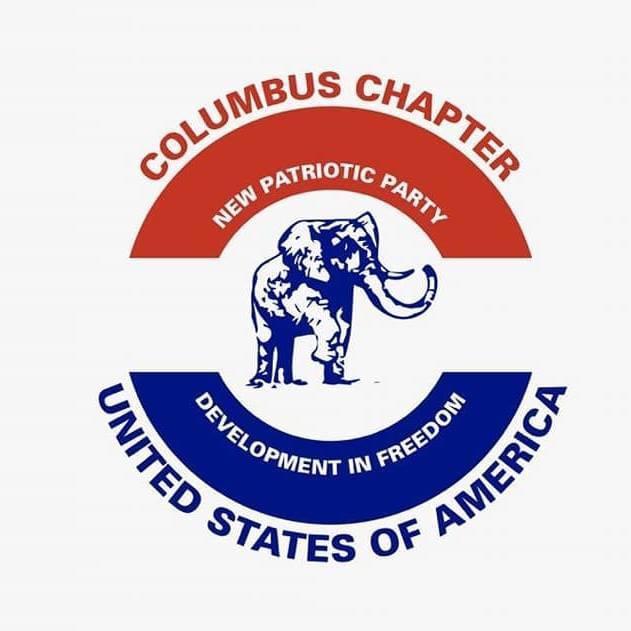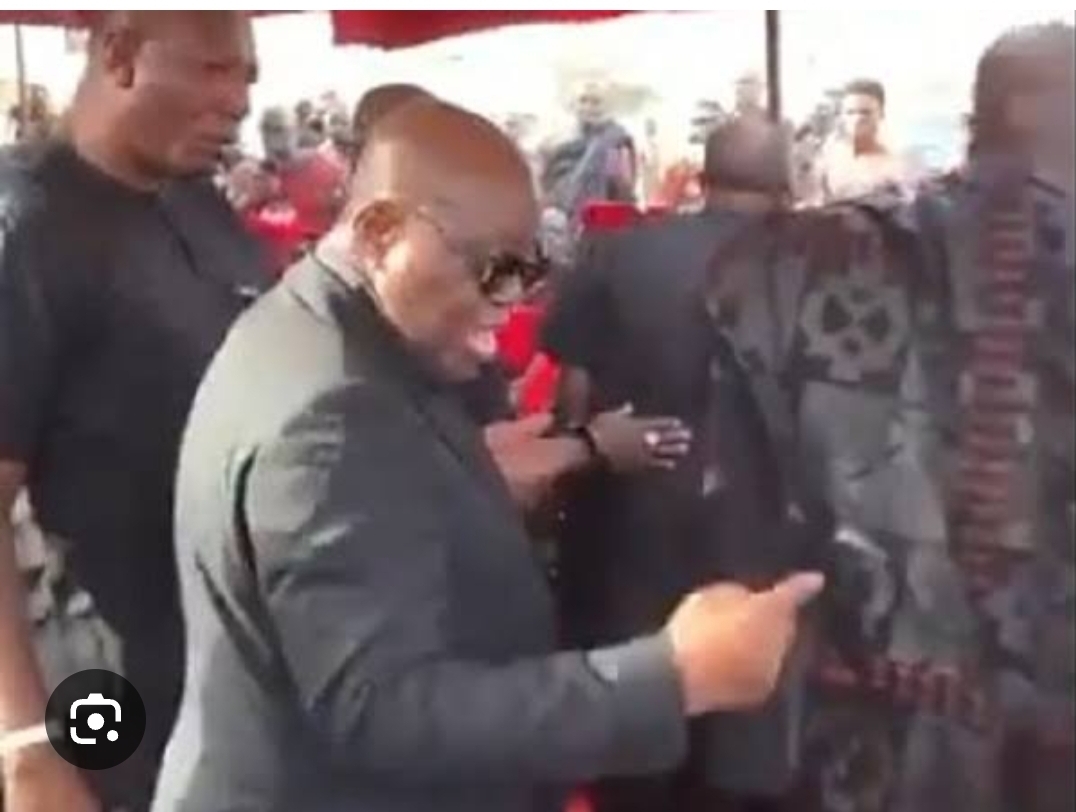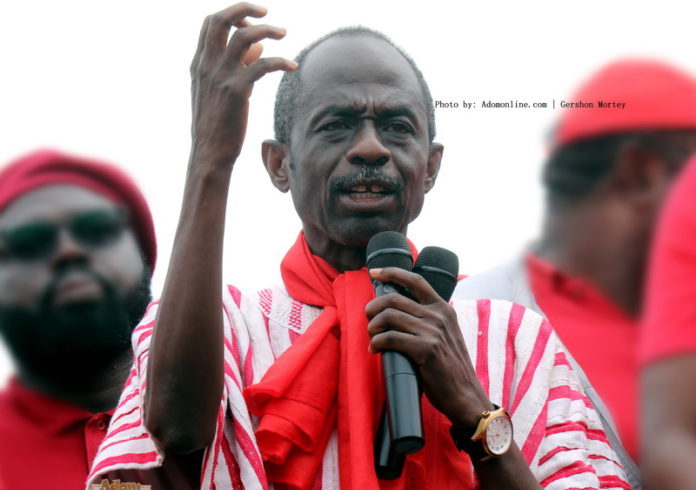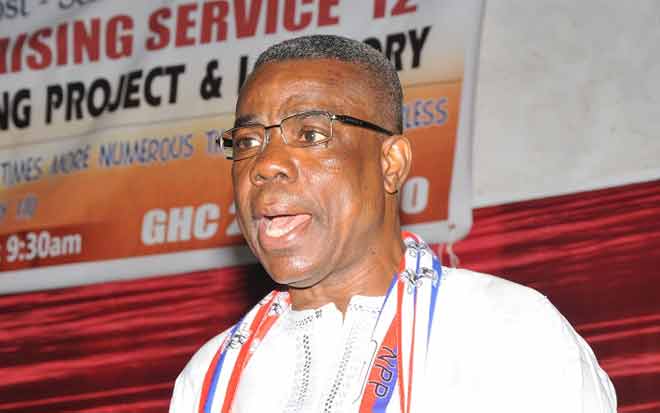Top five scandals that rocked J.A. Kufuor’s government
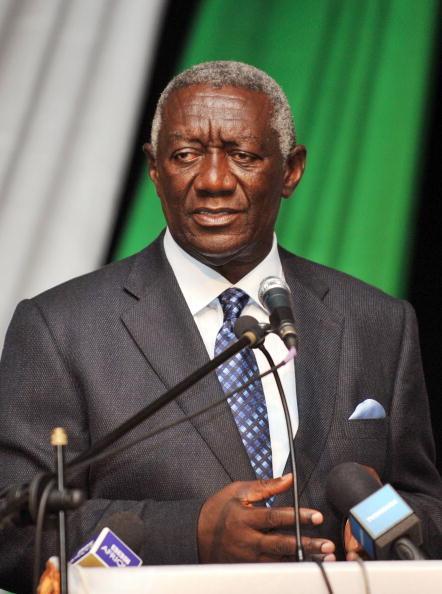
While the sentiment of the average Ghanaian is that the two major political parties; National Democratic Congress and New Patriotic Party are both corrupt, there is the recurring argument on the tenure of the John Agyekum Kufuor administration which is often discussed on social media from time to time.
Although some party faithful within the NPP and a section of the Ghanaian public believe J.A. Kufuor’s tenure was arguably the ‘best’, others have argued that his administration rather lagged the country behind.
However, it could be said that while a conclusion to these arguments could never be arrived at, the average sentiment remains that most governments under the Fourth Republic will forever be laden with the ‘corruption’ tag.
GhanaWeb in this article takes a look into some five major corruption-related scandals that rocked the John Agyekum Kufuor government which served from 2000 to 2008.
Hotel Kufuor
In the year 2007, the ‘Hotel Kufuor’ saga was on the lips of many Ghanaians with controversy surrounding its ownership which allegedly involved the former president John Agyekum Kufuor and his eldest son.
Situated at what became known as the HIPC junction at the Airport residential area, ‘Hotel Kufuor’ was the name on the lips of many citizens but the hotel itself was christened as African Regency Hotel which opened with little publicity due to the political scuffle between the governing NPP and the opposition NDC at the time.
Owing to the alleged involvement of former president Kufuor, who was reported to have purchased the hotel by himself but was using his eldest son, Chief Kufuor to front it on his behalf.
Due to growing public pressure, an investigation was launched by the independent anti-corruption agency, Commission on Human Rights and Administrative Justice (CHRAJ) which later exonerated the former president of any wrongdoing in the transaction of the hotel’s purchase.
Diversion of GH¢60 billion to fund party ‘communication strategy’
Another scandal which rocked the NPP administration under president Kufuor was the alleged diversion of GH¢60 billion which was reported to have been used for the party’s communication strategy.
A 2009 audit report revealed that an amount of GH¢60 billion of taxpayers’ funds accrued from the TOR Debt Recovery Levy, HIPC and others were used to fund the NPP’s communication strategy for the 2008 general elections.
The report however determined that auditors could not find details of this communication strategy or how it was executed but found that certain dubious payments had been made to amorphous groups with names such as “FIRST RESPONDERS”, “BLOW” and “PRIM”.
Ghana@50 celebrations
The famous Ghana @50 scandal rocked the nation to the core, leaving lasting memories in the minds of most Ghanaians.
It was reported that the government under the NPP administration spent a whopping $75 million to mark the 50th Independence Day celebrations of Ghana.
A commission of inquiry was later set up to probe how some of the funds were utilized after it emerged that Chief Executive Officer of the ‘Ghana@50’ Secretariat, Dr. Charles Wereko-Brobbey made cash payments to supposed service providers and contractors in black polythene bags without the proper documentation to support the monies given out.
Cocaine trading and smuggling by MPs, government officials
In 2005, the Kufuor administration was saddled with disturbing news of cocaine trading and smuggling involving government and public officials.
A significant 77 parcels of cocaine were said to have vanished from police surveillance with NPP lawmaker, Eric Amoateng arrested for smuggling 136lbs of heroin into Newark airport in the USA.
He served his prison sentence in the US after he resigned from his seat in Parliament. Amoateng is said to have enjoyed support from some fellow NPP MPs throughout his time in jail.
$28 million Macmillan Textbook printing saga
Leading member of the New Patriotic Party, Yaw Osafo-Maafo was fired as Minister of Education, Science and Sports after he was embroiled in a dubious scandal involving the printing of some textbooks for Ghanaian schools amounting to $28 million.
According to the October 18, 2005 edition of the Daily Dispatch newspaper, Yaw Osafo-Maafo on August 26, 2005 wrote to the Public Procurement Board (PPB), seeking approval for a contract signed nearly a month earlier.
The paper revealed that Yaw Osafo-Maafo, signed the Letter of Agreement on behalf of the Ghanaian government while one Mr. Edward Addo signed on behalf of Macmillan Education Limited.
The terms of the contract detailed that the total cost of the supply “including insurance and freight to the Tema Port and delivery to the District Education Office shall be US$27, 999,990 which will be payable in cedis.”
The newspaper revealed that the first tranche, that is 15% of the total contract value, was to be paid on the signing of the contract. This value, US$4,199, 998.50 was to be secured against a bank guarantee.
However, the cheque had to be validated by three signatories but only one was signed while the two others refused on the grounds that while the huge order was sole sourced, “there was no approval from the PPB.”
The newspaper continued, “On August 26, 2005, the MoES then wrote to the PPB, seeking approval to sole source the supply of the textbooks from Macmillan Education Limited. The MoES attached comparative price analysis of Macmillan and three other publishers – Heinemann, Oxford and Longman, observing that Macmillan was in all cases, very competitive.
“The MoES did not, in that letter to the PPB, reveal that Ministry had, almost four weeks earlier, concluded and signed an agreement to effect the supply (emphasis ours). The Ministry did not tell the whole truth because some of those who were said to have submitted quotes had not been invited to do so. Based on the letter from the MoES, the PPB gave approval,” the paper concluded.
Source: www.ghanaweb.com

